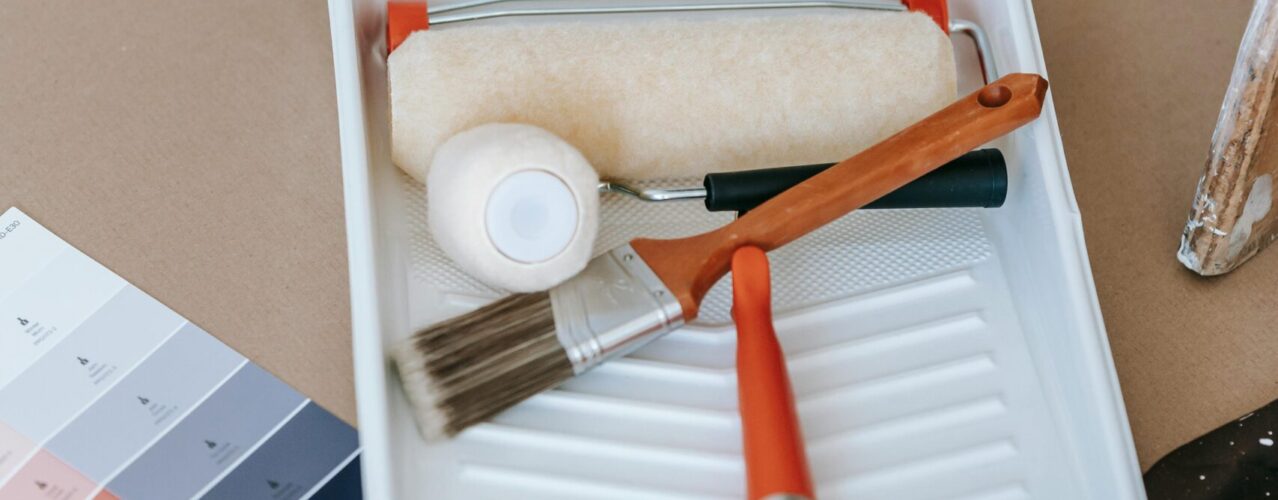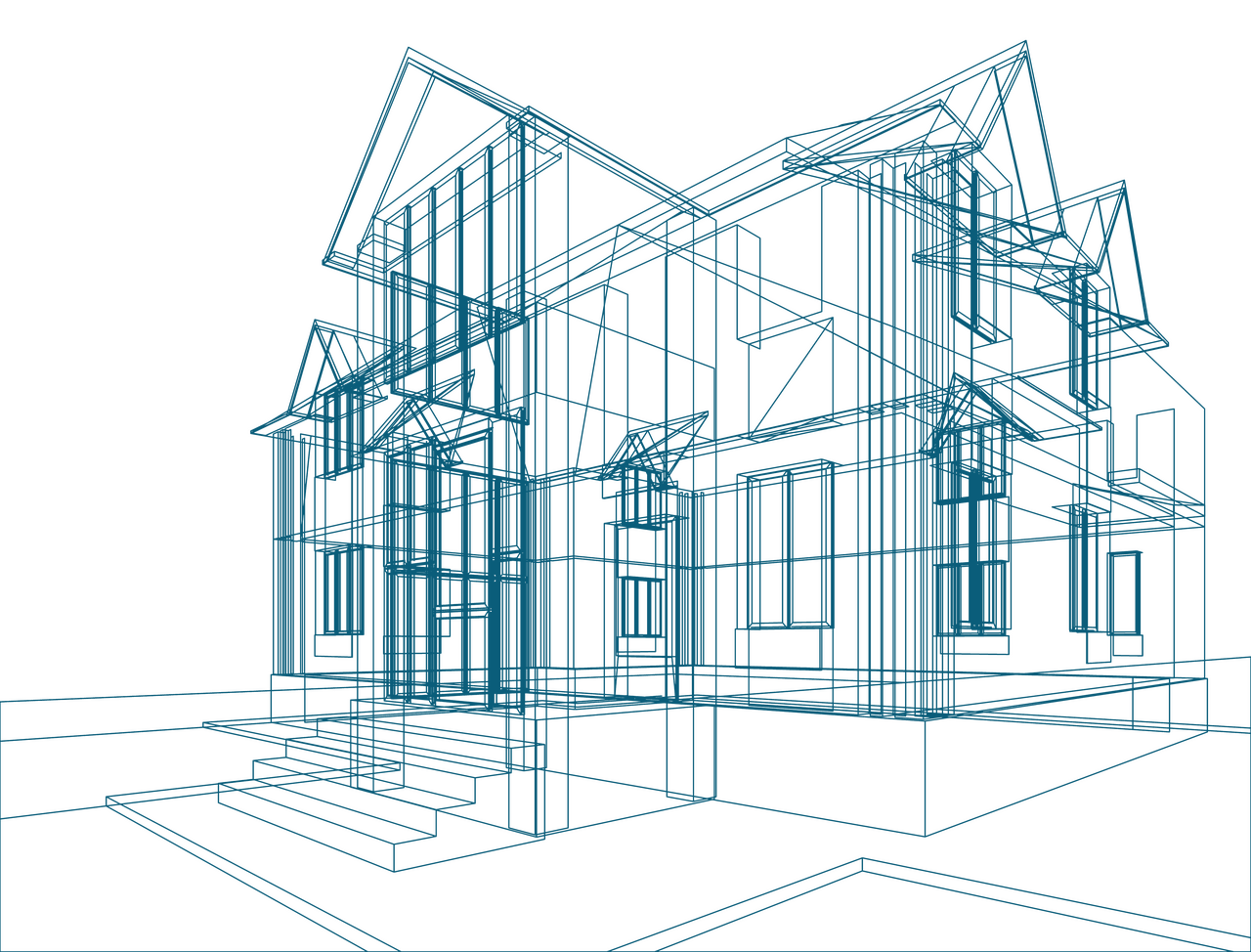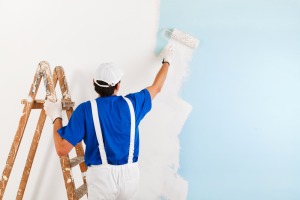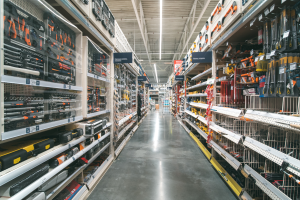

Market report
Sustainability in Home Improvement Market
Embrace sustainability in home improvement. Find expert advice on eco-friendly materials, energy efficiency, and creating a healthier living environment.
News I published 14 July 2025 I Dirk Hoogenboom
Consumers Say Sustainability Matters — But Most Aren’t Acting on It
Certifications go unnoticed, adoption is slow, and cost is still the biggest roadblock. These are the main takeaways from our European Home Improvement Monitor Q1 2025. Sustainability might be a conversation-starter, but it’s not really part of the buying process for most European consumers. The numbers show the disconnect clearly.
Priorities Are Low – How Come?
While 32% of consumers say they prioritise natural materials when buying DIY products, nearly one in five (20%) don’t consider sustainability at all.
Other commonly cited product preferences include:
- Recyclable packaging:27%
- Low or no waste:25%
Still, the lack of consistent interest is a problem, and one that shows up even more clearly when you look at certifications.
Most Consumers Don’t Know Labels
83% of consumers say they are not aware of any sustainability certification related to home improvement. Even in the top-performing markets – the Netherlands (29%) and Italy (28%) – awareness is well below half. The lowest of the low? Sweden with 8% and Poland at 9%.
When they do recognize labels, the top mentions are Energy Star (36%) and EU Ecolabel (31%). But even with recognition, actual impact is limited – 15% of all households say a certificate influences their purchase decision. Italy (24%) and Spain (23%) are slightly higher — but still far from mainstream.
Cost Is the Main Barrier – Not Values
The top two reasons for not making sustainable upgrades speak volumes. 28% say it’s too expensive, while 23% say lack of money. Among those who say it’s too expensive, 33% point to high upfront costs. 26% say it’s because of financial instability or other priorities.
The Bottom Line
Sustainability is not a universal priority in the DIY market. There’s growing awareness and good intentions in some countries, but cost, complexity and lack of certification clarity still prevent it from becoming a baseline behavior.
The European Home Improvement Monitor Q1 2025 covers consumer attitudes, technology adoption and investment trends across 11 countries. Get full access to the report and join our upcoming webinars, country briefings or check out our industry blogs for deeper insight.





